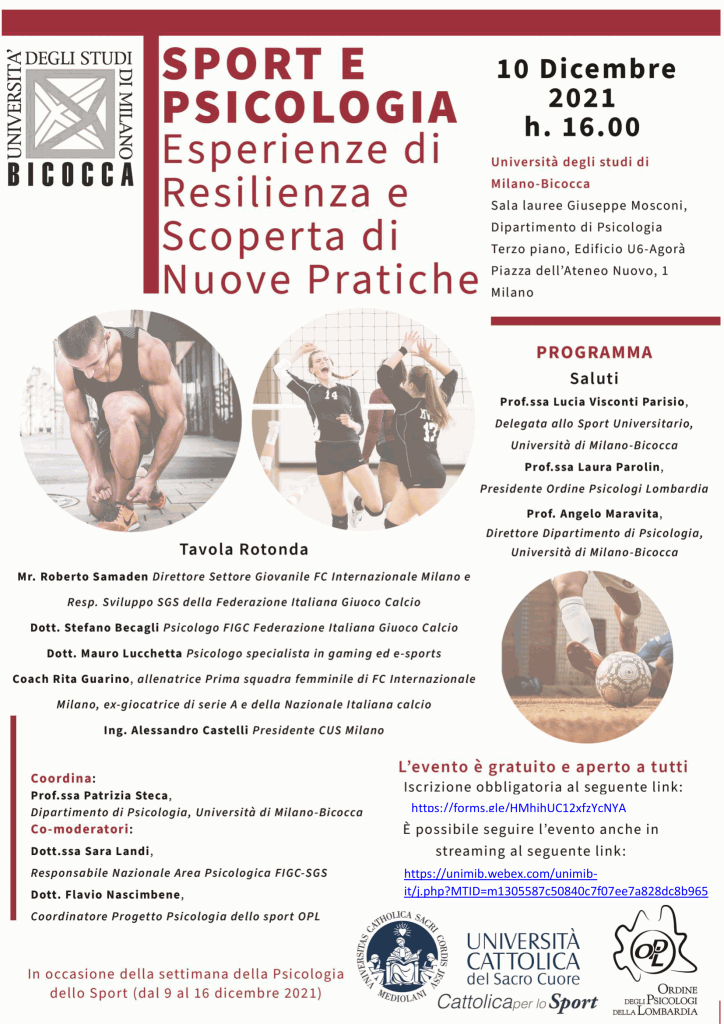Frenchman Arsene Wenger is the longest serving soccer manager in the English Premier League, having joined Arsenal Football Club in 1996. His intellectual ‘Le Professeur’ media tag has stuck, as has his love of a multicultural squad.
- Build the right environment for learning and the mindset, “… in soccer you do need special talent, but when a player passes the age of 20, what is in the mind is more important than the rest and that’s what makes a career … For me being a soccer manager is being a guide. A guide is someone who leads people somewhere … he has to identify what he wants … convince everybody else and try to get the best out of each individual.”
- Values such as multiculturalism, respect, honesty, fairness and trust are relevant.
- Team solidarity: the emotional bond of going through something together can give individuals far more than just concentrating on themselves.
- Crucial age for young professionals when is between 19 and 22 yrs as “a period in your life when your ego is massive … the world turns around you – and that’s a normal development thing for a person. But at that age they believe that a leader has a big part to play to give this understanding that, OK, you are important but all together we are even more important.”
- “One of the difficulties in job is that have 25 people who fight to play on Saturday and on Friday night [you] have 14 who are unemployed and [you] tell them on Monday, let’s start again you have another chance.”
- Emphasize an appropriate mental mindset by encouraging his players to have autonomy and look at their own standards off the field as much as on it. Wenger constantly invites players to assess how they think they’re doing and then is keen to see how accurately they evaluate themselves.
- holistic approach with his squad is based on a commitment to working with emotions, identifying beliefs and motivations, and reinforcing players’ self-regulation.






